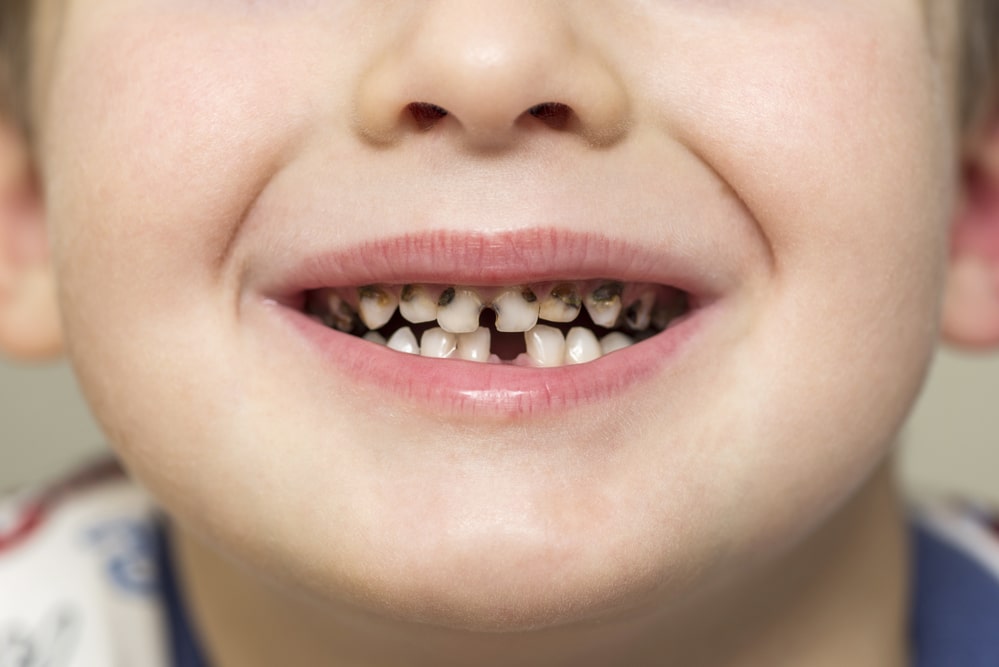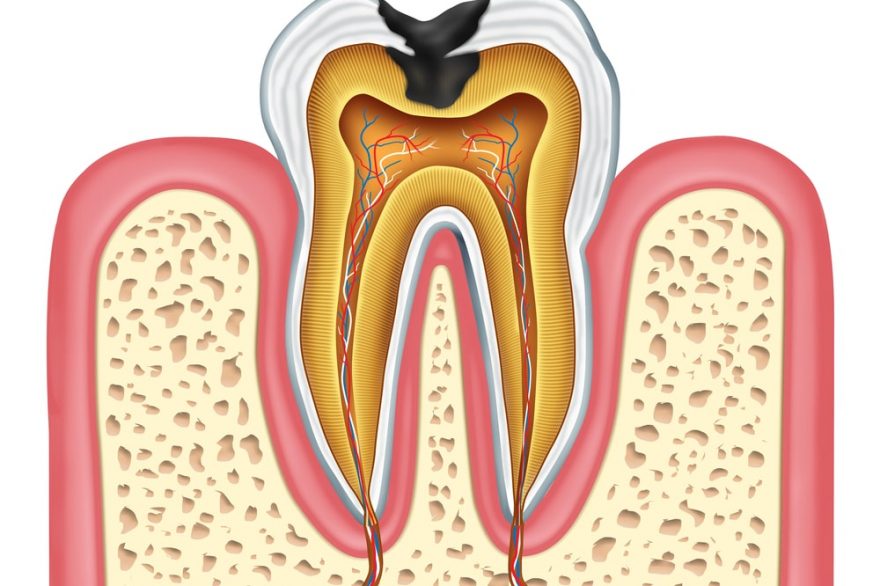If you are experiencing a toothache, you may be wondering if it is a cavity. There are some common signs that may indicate a trip to the dentist is needed, before teeth deteriorate.
Untreated cavities can impact the nerve endings of a tooth and lead to an infection, requiring an emergency visit to your dentist. The good news is that familiarizing yourself with the warning signs of a cavity will let you know when to get help before it gets too painful.
Table of Contents
ToggleWhat Are the Visible Signs of a Cavity?
Tiny holes or pits in your teeth could be signs of cavity development. You may notice a tiny hole or feel a soft spot while brushing. Watch out for any chipping or cracks in your teeth. A brown, black, or dark spot could indicate decay. They may just be stains, but it is best to visit your dentist to be on the safe side.
Plaque along the gum line causes gum disease, a known cause of tooth decay, so take notice of tender or bleeding gums. Your gums may look raw, red, or swollen. There may even be pus. Facial swelling and redness in the mouth are also signs of developing tooth decay.
How Does a Cavity Feel?
Tooth decay on the outer enamel surface usually doesn’t hurt; the pain starts when the decay reaches the dentin and root.
Tooth sensitivity from cavities ranges from mild to severe. Heat, cold and sweetness can all trigger sensitivity from a cavity. Pain from putting pressure on a tooth or when biting down can indicate a potential cavity or tooth decay. Toothache and sensitivity are the most common symptoms of cavities and should always be checked out.
Ongoing bad breath or a bad taste in the mouth are often disregarded, but should be considered symptoms as they may result from bacteria trapped in a cavity.
High Risk Areas
Some areas are harder to reach when brushing, and likewise harder to spot cavities. These areas, such as along the gum line, between teeth, and around a dental filling which may be pulling away from its tooth structure, are spots that need special care and attention. Roots exposed by receding gums are vulnerable, too.
Early Signs
In the early stages, you may not notice any issues, which is why it’s important to have regular checkups. You might, however, notice minor soreness, or a white spot on your tooth from demineralized tooth enamel.
An X-ray can identify cavities not visible to the naked eye. Typically, cavities show on them as dark spots or shadows. X-rays allow your dentist to confirm cavities at the very earliest stages, so it’s advisable to visit your dentist regularly.

Baby Teeth Cavities
Adult teeth aren’t the only ones needing to be checked. A baby tooth can get a cavity, too, and if left untreated, can deteriorate until it requires a root canal and crown. They can also lead to infection, pain and swelling and may impact the underlying developing permanent teeth.
How to Prevent Cavities
Bacteria, acid, food, and saliva mix, forming plaque which coats and dissolves enamel, to create a hole in your tooth, or cavity. Certain foods, such as sticky, sugary foods, as well as sugary beverages, are especially bad for sticking to teeth and causing troubles. Constant snacking exposes teeth for extended periods to sugars which cause damaging plaque.
To prevent this, fluoride toothpaste is your first line of defence. Careful, regular brushing with fluoridated toothpaste is important. Be sure to brush the back teeth thoroughly and floss teeth daily to clear away all food particles.
If you can’t brush, rinse with water after eating. Drinking plenty of water helps too by rinsing and increasing saliva production to prevent plaque formation. Most city tap water contains fluoride for added protection.
You can also chew gum with xylitol to encourage saliva production and remove food debris from chewing surfaces.
Your dental professional may recommend a dental sealant treatment to protect the grooved areas where plaque builds. Fluoride treatments, especially if you do not have fluoridated tap water, are also frequently recommended for improved oral health.
A family history of cavities and certain health conditions can put you at very high risk for a cavity forming. For example, dry mouth raises the likelihood of tooth decay, gingivitis and other oral concerns, while acid reflux damages tooth surfaces.

Contact Us Today
Visiting your dentist regularly and practicing good oral hygiene are best practices for protecting teeth.
You can rely on the Orchard Park Dental professionals for regular checkups and maintaining oral health. If you suspect you might have a cavity, make an appointment today to prevent it from worsening.
Book today for the dental care services you need.










